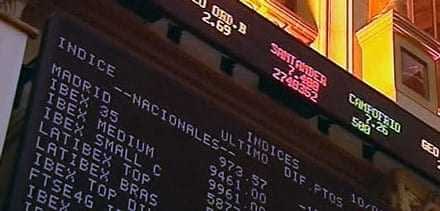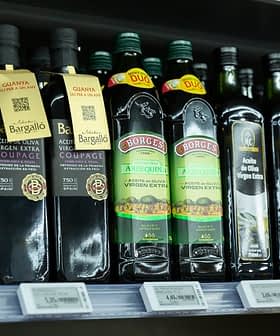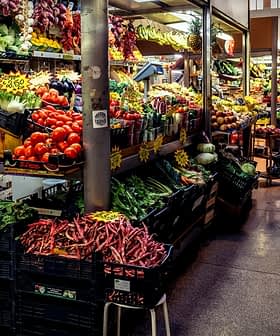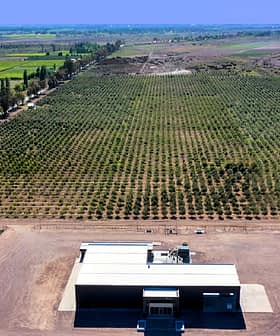Flat prices and economic uncertainty are dampening Spain’s fledgling olive oil futures exchange, which last year got into the black for the first time.
The only market in the world where futures contracts on olive oil can be traded, its hedging potential has made it one of the avenues being explored for longer-term solutions to Spain’s pricing crisis.
The Mercado de Futuros del Aceite de Oliva (MFAO) opened in Jaén in February 2004 and by the end of 2010 had achieved an average daily contract volume of 760. Last year the exchange negotiated 190,085 contracts, up from 143,335 in 2009, closing 2010 with 230 client accounts and a profit – its first – of 116,000€ ($165,000). The cash value of production traded in 2010 was around 330 million euros ($468.7 million).
But MFAO president, Manuel León told the EFE news agency last week that stagnant prices and uncertainty were taking their toll, making it likely that “the scenario won’t be as positive this year.”
Back in March, when hopes were high in Spain that the European Commission would soon provide private storage aid until farm-gate prices improved – a measure still being sought – the MFAO saw a marked slowdown.
Its weekly bulletins show that in the week ending March 2, just 325 futures contracts were traded, each relating to a ton of olive oil and with prices ranging from 1,720€ ($2,443) to 1,810€ ($2,571) per ton. In comparison, for the week ending May 18, 5,850 futures contracts were traded, with prices from 1,600€ ($2,272) to 1,760€ ($2,500) per ton.
León said that the MFAO’s directorate was conscious of the fact that the exchange was still maturing and had a long way to go in terms of capturing new clients. Nevertheless, it was “a useful and necessary tool for the sector”.
In line with its goal of international expansion, particularly in Portugal and Italy, the exchange was close to signing an agreement with the financial institution Caixa de Crédito Agricola de Portugal, he said. The addition of a Portuguese clearing member is intended to facilitate the entry of Portuguese traders.
The MFAO also hopes to attract more small shareholders. After the MFAO board meeting on April 18, Oleo Digital quoted León saying that “It’s the big companies – be they mills, cooperatives or bottlers and packers – that have so far placed their confidence in the MFAO. Now it’s time to reach out to the small and medium-sized ones.”
Olive oil producer and sales cooperative Interóleo Picual Jaén – which handles about a tenth of Jaén’s production – announced last month that it had started trading on the MFAO. In a press release, Juan Gadeo, president of the board of directors, said the coop had done so because it was a way to try to have some influence in the struggle for fairer prices, and to protect the interests of its members. He called for more coops to join, “because the MFAO needs more traders.”









